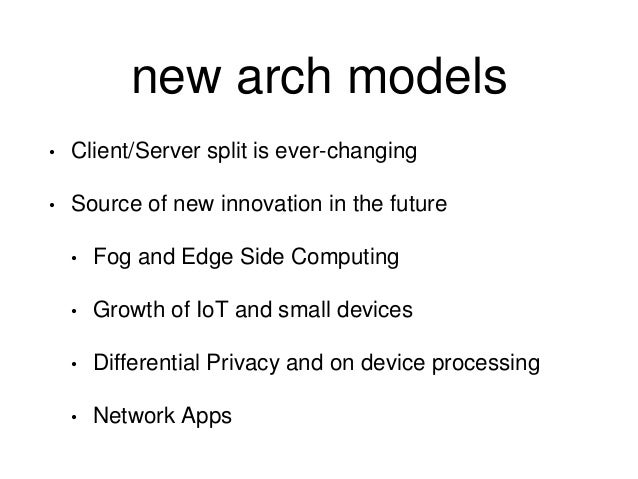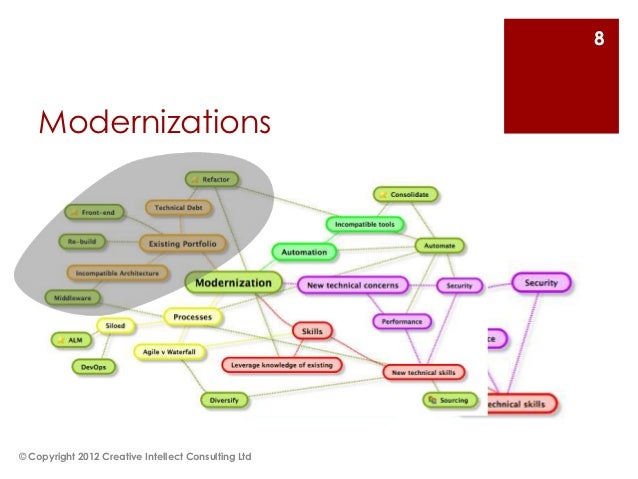What Are The Architectural Considerations For Designing Sustainable Civic Centers?

When it comes to starting a new business, there are numerous factors that come into play. One of the most important is the architecture. The architecture of a new startup can greatly impact its success, and there are a number of things that founders and entrepreneurs need to keep in mind as they begin to think about the architecture of their new venture. In this post, we'll explore some of the key architectural considerations for startups, including scalability, performance, security, and more.
Scalability
One of the most important considerations for any startup is scalability. A startup that can't handle growth will quickly stagnate and fail, so it's essential to think about scalability from day one. There are several key components to scalability, including:
- High-availability architecture to minimize downtime
- Elasticity to handle sudden spikes in traffic
- Balancing of loads to ensure even resource utilization
- Scalable storage solutions to handle growing amounts of data
By planning for scalability from the outset, startups can ensure that they are able to grow and thrive in the long term.
Performance
Another major consideration for startup architecture is performance. In today's fast-paced business environment, customers and users expect fast, responsive services, and a slow, laggy website or application can quickly turn them away. There are several key factors to consider when it comes to performance:
- Optimization of code and database queries
- Use of caching and CDNs to improve content delivery
- Minimization of network latency and bandwidth usage
- Use of high-performance hardware and software
By optimizing for performance, startups can provide their customers with the best possible experience, which can help drive growth and success in the long run.
Security
Security is another crucial consideration for startups, particularly those that handle sensitive or confidential data. A security breach can be devastating to a young company, leading to lost revenue, damage to reputation, and even legal trouble. Some key security considerations for startups include:
- Encryption of data both at rest and in transit
- Two-factor authentication to prevent unauthorized access
- Regular security audits and vulnerability scanning
- Employee training on security best practices
By taking security seriously from day one, startups can protect themselves and their customers from the potential negative effects of a security breach.
Flexibility
Flexibility is another key consideration for startup architecture. Startups need to be able to adapt quickly to changing market conditions, new technologies, and evolving customer needs. Some key components of flexible startup architecture include:
- Use of modular, composable components
- Ability to quickly add or remove features
- Design for easy customization and configuration
- Open APIs to enable integration with third-party services
By designing for flexibility, startups can position themselves to adapt quickly and effectively to changes in the market and business environment.
Cost
Cost is another important consideration for startup architecture. While it's important to invest in high-quality, scalable, and secure architecture, startups also need to keep costs under control in order to maintain profitability. Some ways to keep costs low without sacrificing quality include:
- Use of open-source software and tools
- Cloud hosting to avoid expensive hardware and infrastructure costs
- Use of low-cost or free development frameworks
- Minimization of third-party software and service usage
By balancing cost and quality, startups can ensure that they are able to build a sustainable, profitable business without overspending on architecture and infrastructure.
Collaboration
Finally, collaboration is an essential component of startup architecture. Startups need to be able to work effectively with team members, partners, and customers in order to build and grow their business. Some key components of collaborative startup architecture include:
- Use of collaboration tools such as chat and project management software
- Design for easy communication and feedback
- Openness to user feedback and suggestions for improvement
- Ability to quickly iterate and improve based on feedback
By emphasizing collaboration in their architecture, startups can position themselves to build strong, engaged communities around their products and services, which can help fuel growth and success in the long run.
Conclusion
Starting a new business is never easy, and there are many factors to consider when it comes to architecture. However, by focusing on scalability, performance, security, flexibility, cost, and collaboration, startups can set themselves up for long-term success and growth. By planning carefully and investing in high-quality architecture from the outset, startups can create a solid foundation upon which to build their business and achieve their goals.
FAQ
What is the most important consideration for startup architecture?
Scalability is perhaps the most important consideration for startup architecture. A startup that can't handle growth will quickly stagnate and fail, so it's essential to think about scalability from day one.
What are some key components of flexible startup architecture?
Some key components of flexible startup architecture include the use of modular, composable components, the ability to quickly add or remove features, design for easy customization and configuration, and open APIs to enable integration with third-party services.
How can startups balance cost and quality when it comes to architecture?
Startups can balance cost and quality by using open-source software and tools, cloud hosting to avoid expensive hardware and infrastructure costs, low-cost or free development frameworks, and minimizing third-party software and service usage.
Why is collaboration important in startup architecture?
Collaboration is important in startup architecture because startups need to be able to work effectively with team members, partners, and customers in order to build and grow their business. By emphasizing collaboration in their architecture, startups can position themselves to build strong, engaged communities around their products and services, which can help fuel growth and success in the long run.




Post a Comment for "What Are The Architectural Considerations For Designing Sustainable Civic Centers?"